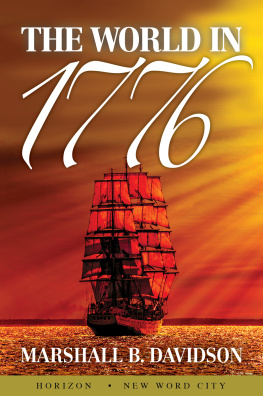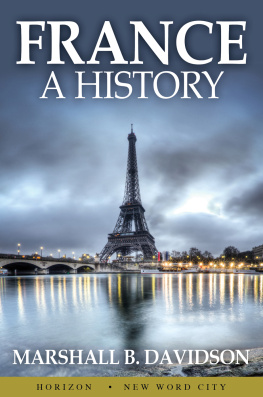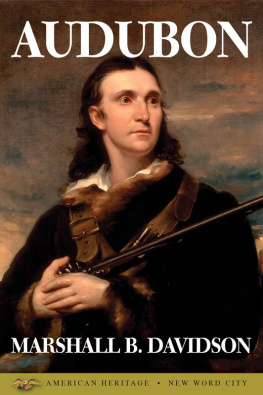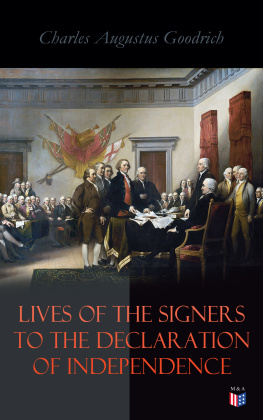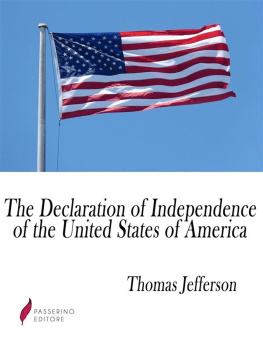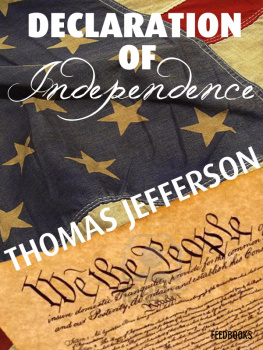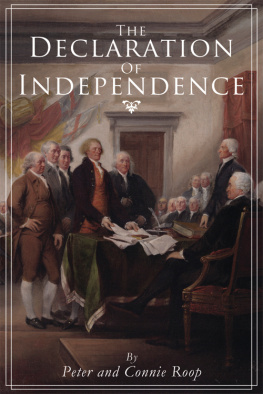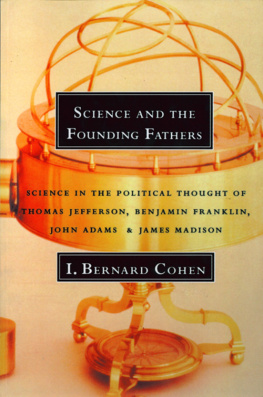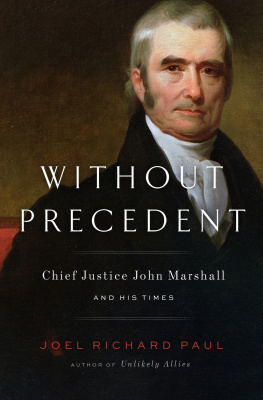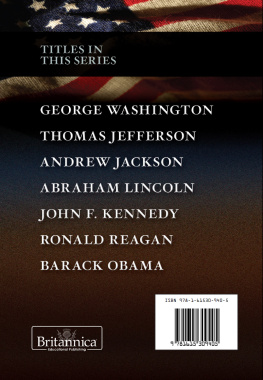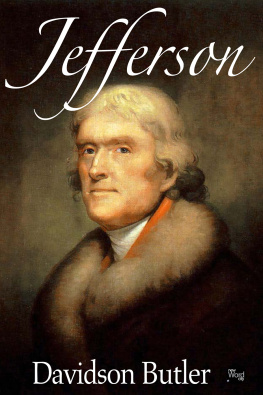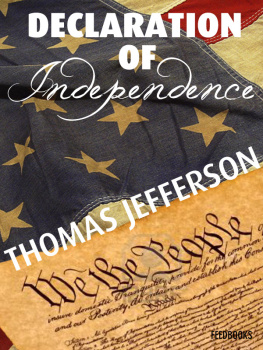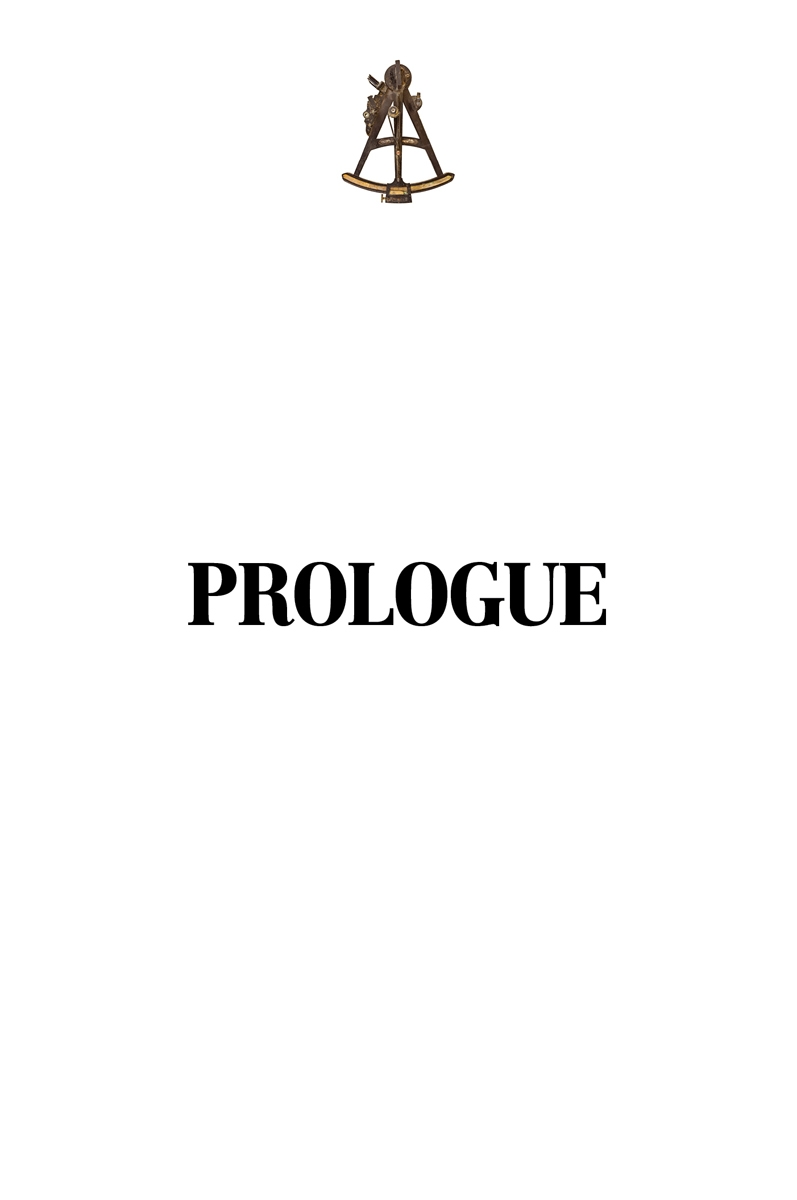It was the best of times, it was the worst of times, it was the age of wisdom, it was the age of foolishness, it was the epoch of belief, it was the epoch of incredulity, it was the season of Light, it was the season of Darkness, it was the spring of hope, it was the winter of despair.
In those unforgettable opening lines of A Tale of Two Cities, Charles Dickens described Europe on the eve of the French Revolution . Actually, the shape of that world of extraordinary contrasts and puzzling contradictions, of apparently irreconcilable forces and contentions, had already been drawn on the eve of the American Revolution thirteen years earlier. Thoughtful people throughout the Western world were united by a common body of ideas that recognized no national boundaries, while their separate governments were rivaling one another in nationalist fervor. England and France were never more in cultural rapport than in the years of the eighteenth century when the two nations were so often at war. Even during hostilities, English visitors flocked to Paris, where they were cordially received. Voltaire returned to France from a highly rewarding exile in England praising almost everything he had witnessed England, on the other hand, read with avid interest whatever French writers were producing, even as the military machines of the two nations lined up for battle. Across the Atlantic, the individual colonies which were finally uniting in a common cause against the parent government had in many ways closer cultural ties to England than to each other. The tidewater Virginia planter felt more akin to the English country gentleman than he did to the Boston merchant; the cosmopolitan citizen of Charleston who had studied law at the Inns of Court was at least as close in outlook to his London colleagues as he was to graduates, of whatever colonial origin, of the provincial little college at Princeton in New Jersey.
Voltaire, who in 1776 was approaching the end of his years, was in a sense a living paradox in those paradoxical times. As one of his compatriots remarked, he incessantly undermined the ground on which despotism was ever building. Yet this tireless and peerless champion of the oppressed paid flattering attentions to the most despotic monarchs of his day. He wrote Russias Catherine the Great that she was the benefactress of Europe and, with almost obscene flattery, that he wished he might kiss her hands and feet, which are as white as the snows of Russia. (To secure her hold on the crown, Catherine reportedly had had her husband, the Czar Peter III , first dethroned and then murdered.)
He paid fawning tribute to Frederick the Great of Prussia, described by one contemporary English observer as the completest tyrant God ever made, for the scourge of an offending people. Voltaire died with the conviction that with his help, the Age of Reason had prevailed, yet he wrote Frederick that he must consider no limitations to his despotic powers on the part of his subjects; once the populace begins to reason, argued the Prince of Reason, then everything is lost. Voltaires concern for the unenlightened man was never great.
No doubt our world today can be charged with as many contradictions as the world of 1776. Both could be termed worlds in transition: times of change and resultant confusion, as stubbornly held traditional values face radically new concepts. Differences in viewpoints and opinions at times could be absolute. It was in 1776 that Edward Gibbon published the first volume of The Decline and Fall of the Roman Empire , one of the greatest historical works in English literature, and in those pages found reason to congratulate his privileged contemporaries on the fact that the age of great political and social disruptions was safely past. Even in the unlikely event that barbarian hordes might again overrun Europe as they had in the Dark Ages, he observed, ten thousand vessels would transport beyond their pursuit the remains of civilized society; and Europe would revive and flourish in the American world which is already filled with her colonies and institutions.
In that same year, Thomas Paine issued his brilliant and inflammatory pamphlet Common Sense , in which he pronounced, directly contrary to Gibbons conclusion, that a new social and political order must be wrought by whatever violent means necessary and that America was at that moment the place to undertake such action; the principles of contemporary government must be challenged and changed. Hereditary absolute monarchies were a useless evil, supported neither by scripture nor common sense and condemnable by historical experience - a burden humanity should no longer suffer.
Both publications had resounding successes. The entire first printing of Gibbons book was exhausted in a few days. Common Sense sold as many as 100,000 copies in the first six months. (In a handsome gesture, Paine devoted all the proceeds from that enormous sale to the American cause.) As General George Washington was pinning down the British expeditionary forces in Boston from the neighboring heights, he read that radical tract and praised its sound doctrine and unconscionable reasoning. At the same time, Washingtons officers mess was still toasting the health of King George III, in the spirit of liberty-loving Englishmen. But the pace of events was fast. Less than six months later, on July 4, the good People of the United States of America in a formal document renounced all Allegiance to the British Crown, and declared that all political Connection between them and the State of Great-Britain, is and ought to be totally dissolved.
Since World War II, many new and independent nations have arisen in various parts of the world. However, in 1776, when the representatives of the thirteen American colonies declared them to be Free and Independent States, the birth of a new nation was an uncommon event. News of the Declaration was received with mixed feelings, if noticed at all. Some thought the document proclaimed a turning point in the history of human affairs. Others, Americans among them, doubted the proposed experiment in self-government would succeed. As many as twenty-one years after the Declaration was signed, John Quincy Adams , in Prussia as American minister, met one officer of the guards who admitted he had never heard of the United States.
In the Declaration of Independence, Americans had defined their cause with rare eloquence; in the following years, they fought, endured, and won the long struggle to free themselves from old and binding ties. But they still had to prove that their novel experiment in republicanism was a practical and viable system of self-government. Nothing like it had been attempted on such a scale since the days of ancient Rome, and the temper of the times was generally not favorable to another deliberate move in that direction. Or so it seemed in the courts and capitals of the rest of the world. Frederick the Great argued that the very size of the new country made disunion or monarchy inevitable.
With a few minor exceptions, in 1776, all the advanced and settled nations on earth were monarchies; the practical advantages of royal absolutism as a system of government seemed clear from long experience. Except for the distant rumblings from America, there was, at that moment, no serious indication that such venerable traditions might soon be threatened. Barely a decade before the outbreak of hostilities at Lexington and Concord , even such highly spirited patriots as the Sons of Liberty assumed that, should the colonists ultimately part from Great Britain - a prospect that then filled them with the darkest Gloom and Horror - they would go about erecting an Independent Monarchy here in America.

